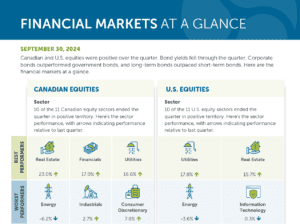Supreme Court Limits Fines for Not Reporting Overseas Accounts

What You Need to Know
A businessman living abroad argued that the law left unwitting taxpayers vulnerable to draconian fines.
The U.S. Supreme Court scaled back the federal penalties for failing to file required reports listing foreign bank accounts in a ruling likely to help some Americans living abroad.
The justices, voting 5-4, threw out a $2.72 million fine on Alexandru Bittner, a businessman who didn’t file reports for five years when he was living in Romania. Bittner contended the maximum penalty under federal law is $50,000.
The fight centered on the Bank Secrecy Act, a law designed to combat tax evasion and money laundering by requiring U.S. citizens and residents to report on their foreign holdings. For unintentional violations, the law authorizes penalties of as much as $10,000.
The Internal Revenue Service concluded that Bittner violated the law 272 times, once for each account that was not reported in each of those five years. Bittner said he violated the law at most five times, once for each annual report he failed to file.
Writing for the court, Justice Neil Gorsuch backed Bittner’s reading of the law.
“Best read, the BSA treats the failure to file a legally compliant report as one violation carrying a maximum penalty of $10,000, not a cascade of such penalties calculated on a per-account basis,” he wrote.
The court divided along unusual lines. Justices Amy Coney Barrett, Clarence Thomas, Sonia Sotomayor and Elena Kagan dissented.






